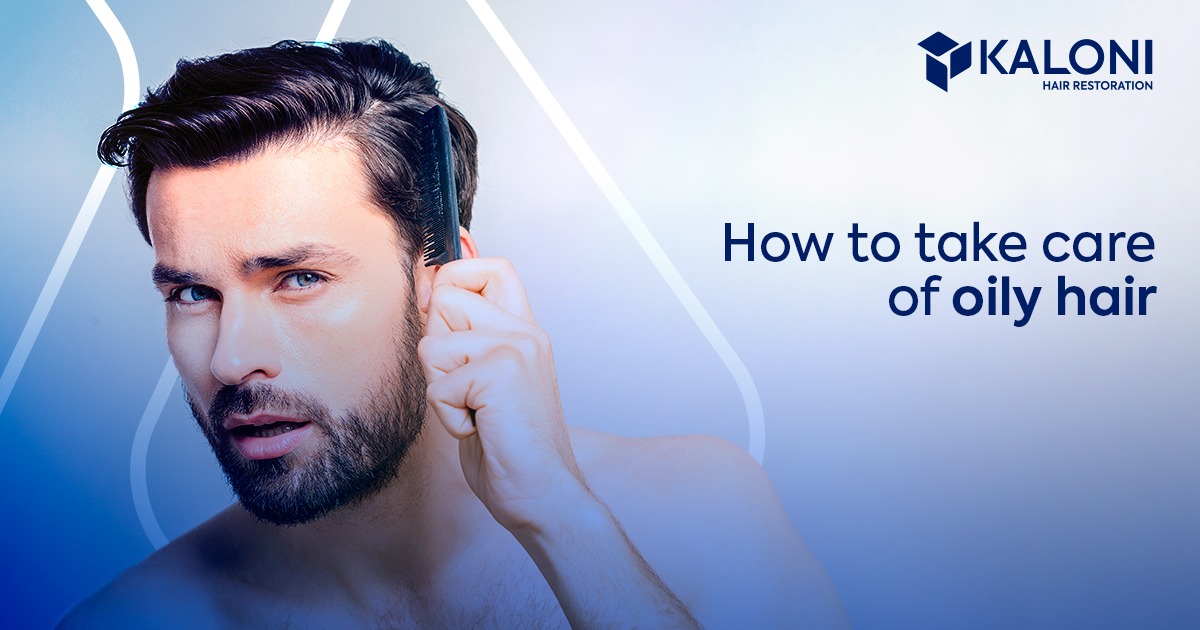How to take care of oily hair
It can be difficult to live with excessively oily hair, since it can result in an unkempt appearance, when it is simply a natural phenomenon. In today’s post, we will talk about how to take care of oily hair, whether it is recommended to wash your hair frequently, and how to reduce the amount of oil in your hair.
Why does our hair produce oil?
The roots of our hair are home to sebaceous glands, which produce capillary oil. This oil is extremely beneficial for capillary fibers, since it moisturizes the hair, making it look softer, shinier, more elastic, and healthier overall, protecting it from dehydration and breakage.
The trouble begins when these glands produce excessive amounts of oil, resulting in the oil accumulating both on the inside and the outside of the scalp. Consequently, your hair begins to look greasy, unkempt, and weighed down.
Nevertheless, the real problem is happening on the inside, since the oil is impeding the follicles from carrying out their normal activities, and in the most severe cases, it can make the patient develop seborrheic alopecia.
First things first, hygiene: How often should you wash oily hair?
When it comes to answering this question, there is a conundrum. Washing it too little can be harmful, since the oil would only continue to accumulate. Washing it too often, on the other hand, would be harmful too, since it would remove all the sebum on the outside, leading the glands to overcompensate with excessive oil production.
The solution is to wash your hair regularly with sebum-regulating shampoo and cold water to eliminate all the dirt and impurities. It is crucial that you keep scalp massaging to a minimum when washing your hair in order to prevent the sebaceous glands from producing too much oil.
Other tips to reduce the amount of oil
It is fundamental to remember that, the less contact with your hair, the better. This means taking special care when styling or brushing it. We suggest using small combs, never big brushes, since the latter might touch your scalp and spread the oil, while also stimulating the sebaceous glands that will ultimately produce even more oil.
An unbalanced diet and a sedentary lifestyle could also lead to excess sebum production. Endocrine or hormonal disorders as well as various pharmacological procedures may also result in excessively oily hair.
From us at Kaloni, we recommend that, if your hair is becoming too oily, you should follow the tips indicated in this post. However, if your situation does not improve, we would suggest that you contact a hair specialist who can evaluate your case.
Get your free evaluation


